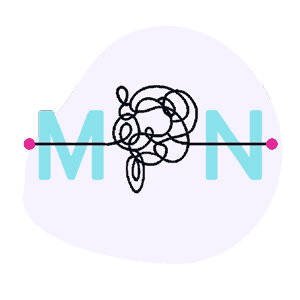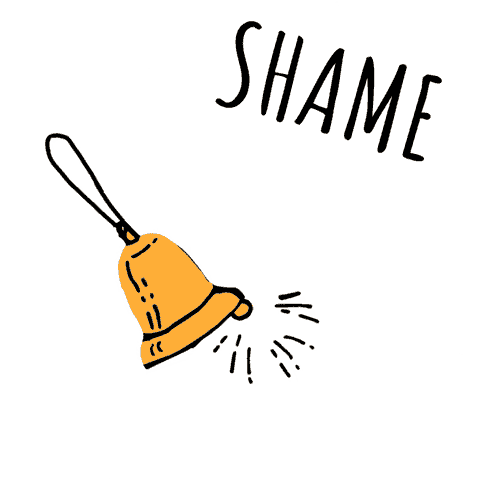What CA Doctors Must Know Before Signing a PPO Contract

Preferred Provider Organizations (PPOs) and Medical Provider Networks (MPNs) are causing chaos for California employers, injured workers, and healthcare providers.
That’s largely because the Division of Workers Compensation (DWC) has failed to avail doctors and injured workers of the information necessary to determine when an MPN is applicable to any one of California’s 1,039,079 employers — a simple feat that could be accomplished with existing data management technology.
Unable to know whether the patient is restricted to an MPN, doctors provide authorized treatment only to receive (unlawful) payment denials citing MPN non-membership.
Subsequently, the DWC denies these doctors the right to seek reimbursement through Independent Bill Review (IBR). The DWC asserts that questions of MPN membership are outside the scope of IBR, even when treatment is authorized.
With no protection from the state, no verifiable employer MPN data, and no DWC enforcement of the rule that authorization guarantees payment, doctors feel like they have no choice but to “pay to treat.”
These doctors then become easy prey for Preferred Provider Organizations (PPOs), who swarm providers with the hollow promise of MPN membership in exchange for hefty, transferable reimbursement discounts.
Prior to executing a PPO discount reimbursement contract, doctors should demand the PPO provide the following information:
- A list of MPNs that will include the practice, including the MPN names and ID numbers (Spoiler alert: none will be provided.)
- The names of the self-insured employers and employers’ insurers that utilize the MPNs (Don’t hold your breath.)
- Whether PPO reimbursement discounts will be sold, leased, or otherwise transferred to other entities unrelated to the MPNs (Answer: Of course, they will.)
The current function of MPNs as payment cudgels for PPOs leaves employers, employees, and providers at the mercy of a broken system. Instead of paying doctors the reimbursements established by the DWC’s Official Medical Fee Schedule (OMFS), employers’ dollars are enriching PPOs.
Providers are drained of revenue as PPO discounts are shared amongst claims administrators and bill review services, undermining providers’ ability to deliver care; consequently, providers avoid workers’ comp. Between the restrictions of MPNs and the exodus of providers from the system, employers are burdened as their injured workers struggle to access care.
Below, we unpack the three critical demands listed above — and share the typical non-answers PPOs often offer in lieu of actionable information.
PPO Info Demand #1: List of MPNs That Will Include the Practice
The main selling point of PPO participation is the promise of more patients, through MPN membership. But when pressed to provide a written promise, inevitably the PPO answer to this first demand will be some version of the following:
The PPO cannot guarantee membership in any employer or insurer’s MPN, but the PPO will guarantee exclusion from MPNs if the practice declines to sign the PPO contract.
We propose calling this bluff; after being informed of the threat of MPN exclusion, the doctor should ask the PPO for a list of the specific MPNs from which the doctor will be excluded.
Those MPNs will likely be either (1) not approved by the DWC, or (2) not maintained by an employer or insurer — even though employers and insurers have the exclusive right to determine which providers are in their network.
PPO Info Demand #2: List of Employers That Use the PPO’s MPN
Next, the doctor should ask for a list of employers that actually use the MPN(s) that PPO participation will ensure membership in.
This is to determine if the practice even treats patients restricted to the MPN the doctor is sacrificing revenue to join. For example, membership in a southern California employer’s MPN is of no value to a provider in northern California.
Of course, the PPO will not provide a list of employers, because PPOs know that there are two types of doctors:
- Doctors who will buckle to the MPN exclusion threats (and agree to “pay to treat”)
- Doctors who will stop treating injured workers rather than capitulate to PPOs
It’s always a win-win scenario for PPOs.
When a doctor buckles, the PPO’s bank account begins to swell with the doctor’s reimbursement discounts that the PPO transfers/sells/leases to bill review entities throughout the state.
When a doctor refuses, the PPO is not financially harmed. Instead, employers and injured workers who can’t access care are the ones who lose.
PPO Info Demand #3: Whether Reimbursement Discounts Will Be Shared
This is the infamous PPO trap.
A doctor signs a discount contract in exchange for the verbal promise of not being excluded from various (unidentified) MPNs. But before the ink is dry, the PPO has sold, leased, or otherwise transferred the right to the contractual discount to a slew of claims administrators, bill review services, and more.
The result: revenue for treating injured workers is slashed across the practice. PPO reimbursement discounts spread like toxic mold throughout the practice; every entity interested in reducing your reimbursements rushes to the feeding trough.
It is our duty to warn providers of the potential dangers of MPNs and PPOs. But it's also time for employers to make their voices heard and demand change from the state of California.
By putting pressure on the DWC and state legislature, employers can help create a more transparent and fair system that ensures injured workers receive the care they need while protecting providers from PPOs. Together, we can put an end to the PPO/MPN chaos and build a system that works.
Protect your practice. Harness the power of daisyBill software, data, and expertise for faster, better workers’ comp billing. Request a demo below.
REQUEST DEMO
DaisyBill provides content as an insightful service to its readers and clients. It does not offer legal advice and cannot guarantee the accuracy or suitability of its content for a particular purpose.




